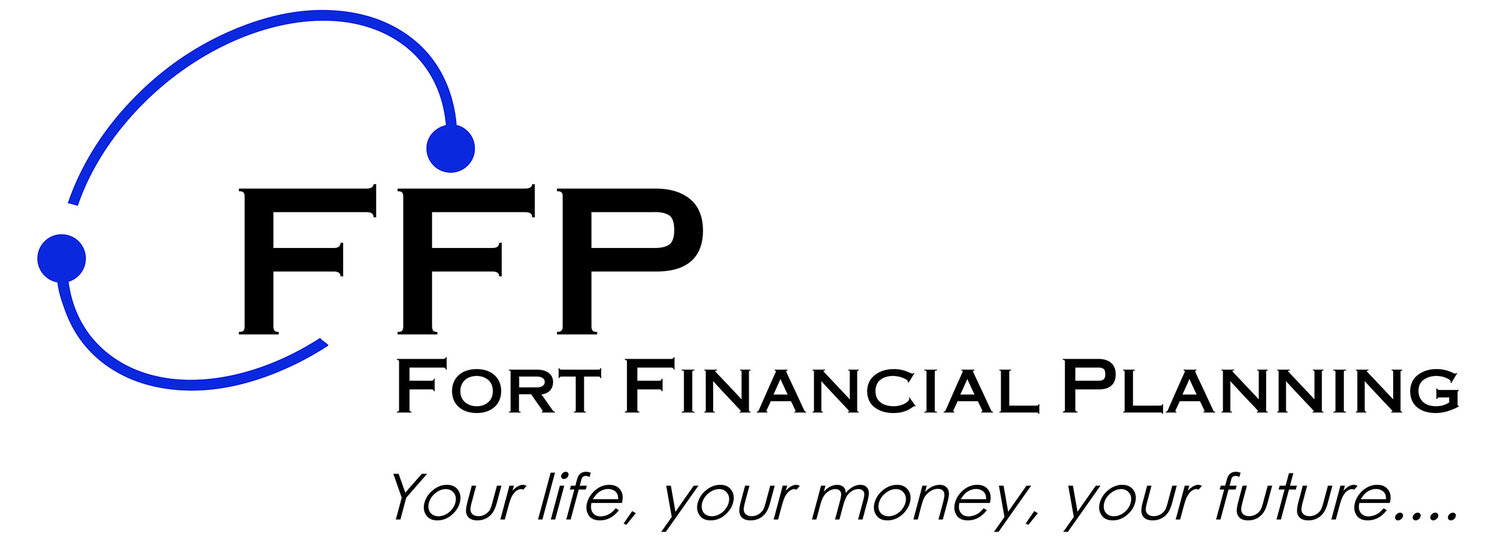Costs and Service Standards
Written by Mark Salter
In the intricate world of financial services, two critical pillars stand tall: the costs and the services investors receive. These twin forces shape the landscape for investors, financial institutions, and regulators alike.
In recent news, one of the UK’s largest wealth managers suffered a huge share price plunge - attributed to potential fee complaints and client refunds which in turn has sent shockwaves throughout the industry. The missteps of this provider, underscore the delicate balance between profit and service quality. Investors demand and deserve both.
In this article, we unravel the complexities of costs, explore their impact, and shed light on the delicate balance required.
The Cost of Investing
Pounds and Pence: Beyond the Numbers
Investing isn’t merely about crunching numbers—it’s about securing your financial future. But what does it truly cost? Let’s break it down:
Fees and Charges: When you invest, you’re not just buying stocks or bonds; you’re entering a contractual relationship with financial providers. These providers charge fees for managing your investments, executing trades, and providing advice. The cost varies—some charge a percentage of assets under management, while others levy fixed fees. Transparency is key here. Investors deserve clarity on what they’re paying for.
Hidden Costs: Beware any hidden costs. Transaction fees, bid-offer spreads, and tax implications can silently erode your returns. It’s like paying for a gourmet meal and discovering an unexpected service charge. Savvy investors dig deep, scrutinize prospectuses, and demand transparency.
Active vs. Passive: Active fund managers promise alpha—the elusive excess return. But their fees can be hefty. On the flip side, passive index funds charge lower fees but mirror market performance. The choice boils down to cost-effectiveness and your investment philosophy.
The Human Element: Beyond the financials, consider the human cost. Time spent researching, analysing, and managing investments—your precious hours—are part of the equation. Balancing cost with value is an art. Seek advisors who align with your goals and provide personalised guidance.
Service Standards: The Bedrock of Trust
1. Timeliness: The relationship you should have with your financial advisor or planner, should mean that you can always communicate with them and cover any questions or concerns you have. Industry service standards dictate how swiftly queries are addressed, applications processed, and complaints resolved.
2. Transparency: Trust thrives in the sunlight of transparency. Investors demand clear communication, accurate disclosures, and fair treatment. Whether it’s explaining fees, risks, or investment options, financial institutions must lay their cards on the table.
3. Accountability: Service standards hold institutions accountable. They’re the yardstick against which we measure their commitment to clients. When a firm falls short, trust wavers. Conversely, consistent adherence to the standards builds confidence.
Conclusion: Navigating the Rapids
Investing isn’t a solitary journey—it’s a rafting adventure through turbulent waters. The cost of investing and service standards must be transparent. Here at Fort Financial Planning we will always ensure that our clients:
Understand all costs, hidden or otherwise. We provide the ability to scrutinize fees, compare options, and obtain value for money.
Receive consistent excellence: we hold financial institutions accountable, we insist on timely responses, transparent dealings, and that ethical practices are upheld.
Are our focus: The financial services river flows swiftly. FFP keeps an eye on your portfolio, we adapt to changes, and we always remember that trust is earned, not inherited.
If you haven’t reviewed your personal finances or investment portfolio recently or aren’t getting the level of service you expect then perhaps now is the time to arrange a review or get a second opinion.
April 2023

